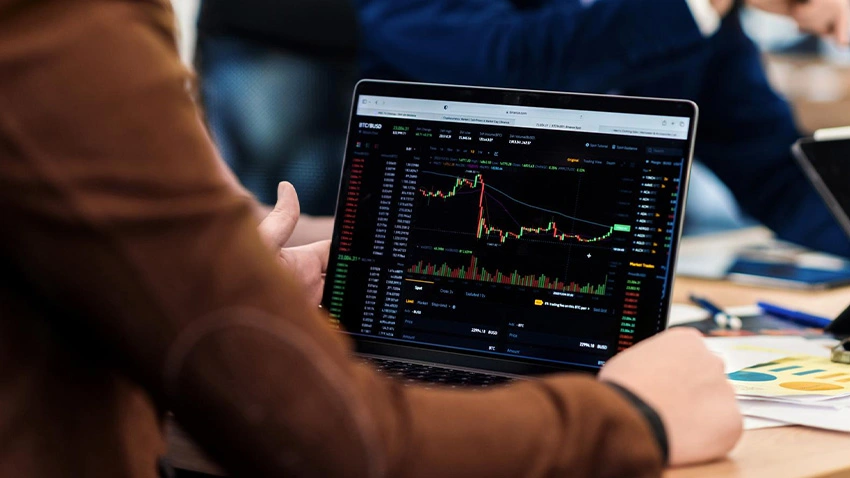Proprietary trading, frequently known as proprietary trading, requires firms or personal traders employing their possess money to trade economic tools such as shares, options, futures, currencies, and commodities. Unlike traditional trading wherever brokers perform trades on behalf of customers, prop traders run with the firm's possess funds, seeking to produce gains through many different sophisticated strategies and techniques.

At its core , prop trading is all about leveraging experience, engineering, and industry insights to identify and capitalize on short-term price activities and inefficiencies. The methods applied in prop trading are varied, ranging from high-frequency trading to more basic, discretionary approaches.
One commonly used technique is quantitative trading, where traders develop mathematical models and calculations to identify patterns and predict market movements. These designs may analyze vast levels of famous and real-time data to perform trades at rates and frequencies beyond human capabilities. By automating industry execution, quantitative prop traders seek to use small value errors across areas or instruments, frequently holding roles for mere seconds or minutes.
Still another common approach is discretionary trading, which relies heavily on the trader's judgment and industry experience. Discretionary traders combine specialized analysis tools— such as graph styles, size tendencies, and momentum indicators— with elementary ideas, including financial studies and corporate earnings, to make educated decisions. This technique requirements solid industry instinct and the capability to quickly adjust to adjusting conditions.
Market making is also a key strategy used by some brace traders. This involves consistently quoting get and sell prices to supply liquidity in unique securities, profiting from the bid-ask spread. By facilitating better transactions and lowering cost volatility, market manufacturers earn regular, albeit on average smaller, returns.
Risk management is essential in prop trading, whatever the strategy. Effective firms and traders apply rigid regulates on place shapes, stop-loss orders, and collection diversification to safeguard capital from negative moves. The capacity to control risk effectively divides profitable prop traders from those who incur significant losses.

To sum up, prop trading thrives on a blend of sophisticated technology, sharp diagnostic abilities, and disciplined risk management. Whether through algorithmic versions or discretionary judgment, prop traders consistently seek to exploit market opportunities, adding both for their possess profitability and the entire market liquidity.
